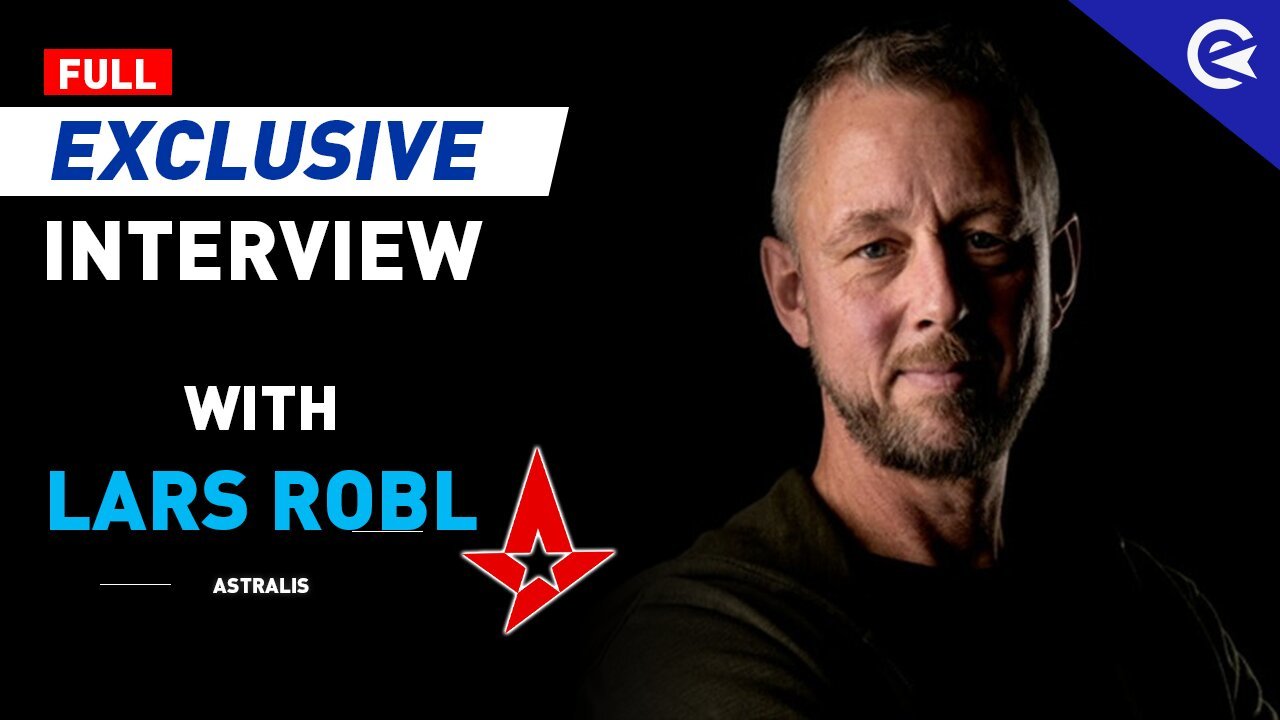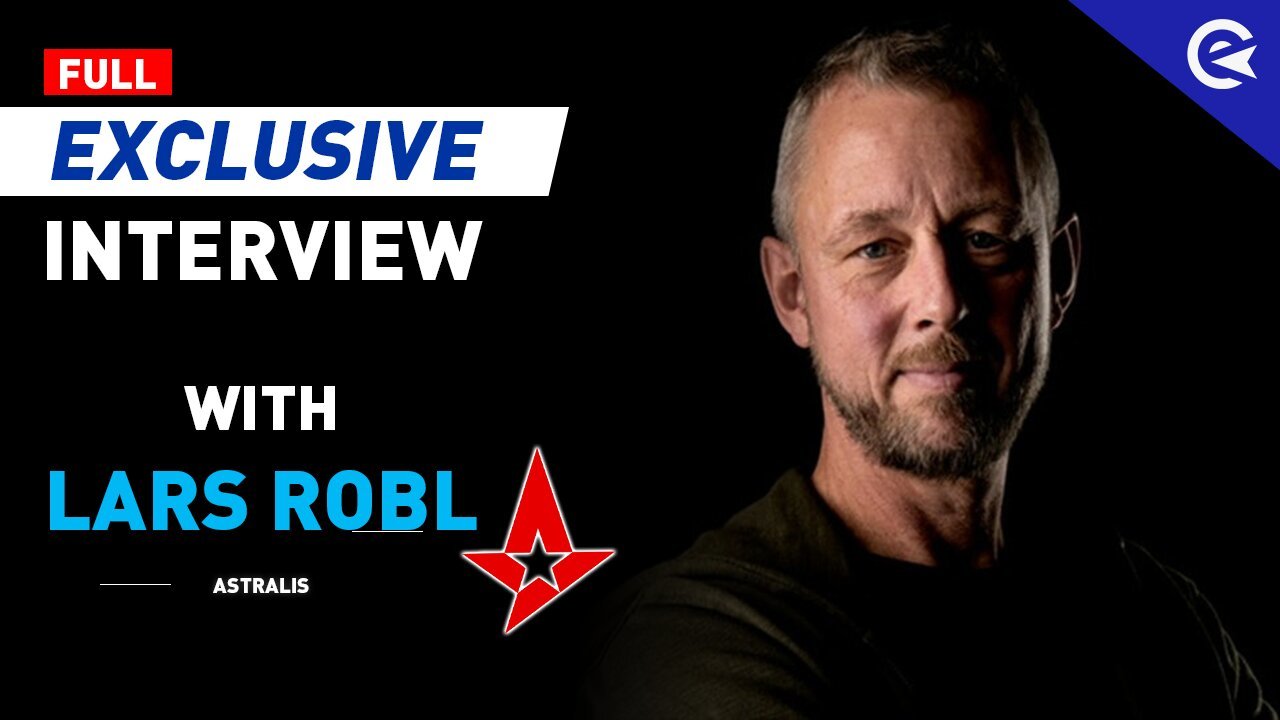
The coronavirus is still making our lives difficult and that includes taking interviews. There's no stopping EarlyGame, however, as we arranged a nice little talk with one of the more interesting men you'll meet in the esports industry – Astralis sports psychologist Lars Robl.
We went on to talk about subjects aplenty, ranging from Mr. Robl's entry into sports psychology to parents' attitude towards their gamer kids and of course – what his day is like as premier CS:GO organization Astralis' on-demand psychologist.
We can go on and introduce Lars ourselves but he does that way better than us, so we'll just let him do the talking from now on.
Can you introduce yourself to our audience?
Of course. My name is Lars Robl. I'm Danish. I'm a sports psychologist. I became a psychologist at a rather old age because I had another career prior to that. I was an officer in the Danish Special Forces for 20 years. I left in 2009 after six tours in Afghanistan and two in Iraq. Now I'm a sports psychologist in both esports and regular sports. I was supposed to go to Tokyo this year but we're going there in 2021, so that's okay.
A CS:GO or a League of Legends team is much similar to a Special Forces unit.
What drew you into esports?
At first, it was the development and growth of esports. Then I got acquainted with CS:GO. I never played it myself but there were obvious similarities to my former job. I didn't understand the game, but I did understand the communication, tactics, etc. There's also the team element. A CS:GO or a League of Legends team is much similar to a Special Forces unit. It's important to be aware of team dynamics, and that's something I have a lot of eperience with.
Is there a difference between sports athletes and esports athletes?
They are absolutely the same. When you are competing at the level of Astralis and Origen you are an elite athlete within your field. The self-awareness isn't there yet, and that's one of the problems. The culture isnt really there but that's necessary because to perform under pressure at a Major is exactly the same as the World Cup or the Olympics.
Do the players see themselves as elite athletes?
We are getting there. I've been working with Astralis for two and a half years and they see themselves as elite athletes now but they didn't have that when I arrived. That needs to change in esports, it's a change of culture. You have to be in top physical shape – nutrition, sleep pattern, etc. in order to maintain stamina and focus. All of that needs to change and it has changed for Astralis and Origen with whom I'm also working.
What is your role with Astralis exactly? How does it all work?
It's around the clock really. We have scheduled meetings and bootcamps where we talk over things, but it's mostly: when someone needs me, I'm there. Some sports psychologists work on the spot, during a Major for example. We don't work like that in Astralis. I work with the players between tournaments because I want them to deal with the situation themselves. That's the end goal. We don't have a psychologist couch where they lay down and just talk. I'm around, available 24/7 and they can always reach me. I sometimes approach them, see if they're okay. If yes, then we move on. If no, we address it.
How big of a role does psychology play in Astralis' success?
As I said, they are elite athletes. The technical side, the tactical side, the physical side are pre-conditions to perform at the highest level. The mental side is essential. They are all extremely good athletes, but to cope with the pressure when the fans are a few meters away, that's where mental strength can make the difference.
Parents push players into doing sports. Is it the same with esports?
Yes. Absolutely. I get calls from parents asking "how can I help my talented son realize his talent". We're getting there. It's still a developing trend. There are parents who are too unfamiliar with the concept still, that are viewing gaming and esports as a "just for fun" type of thing, something on the side. You can do sports and esports at the same time, they are not exclusive, so that can also help.
We once again thank Lars Robl for this insightful interview that shed light on one of the most important and at the same time mostly covered part of esports.
You can watch the full interview where Lars also dives into the concept and prevention of burnout below:
Stay with EarlyGame for more quality CS:GO content. Also, ring that bell on YouTube for fun gaming and esports videos!






























